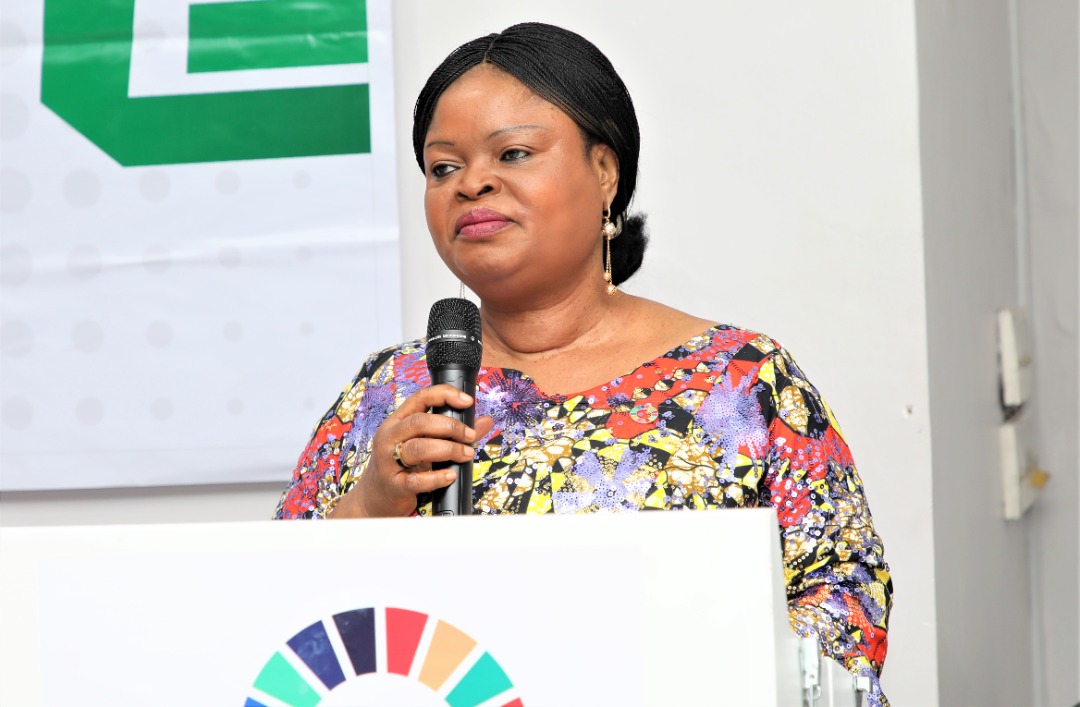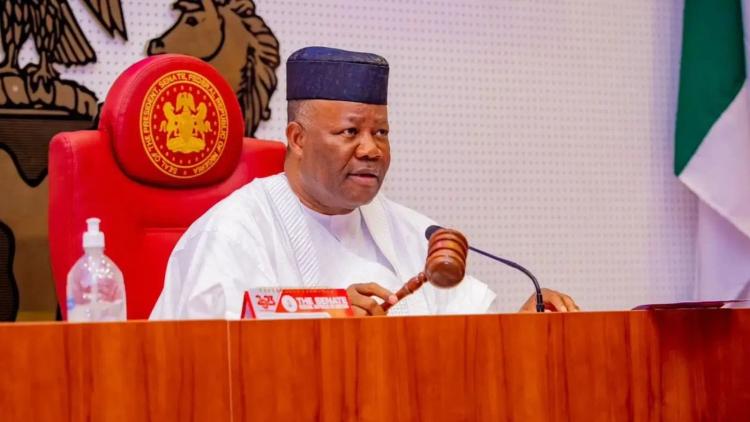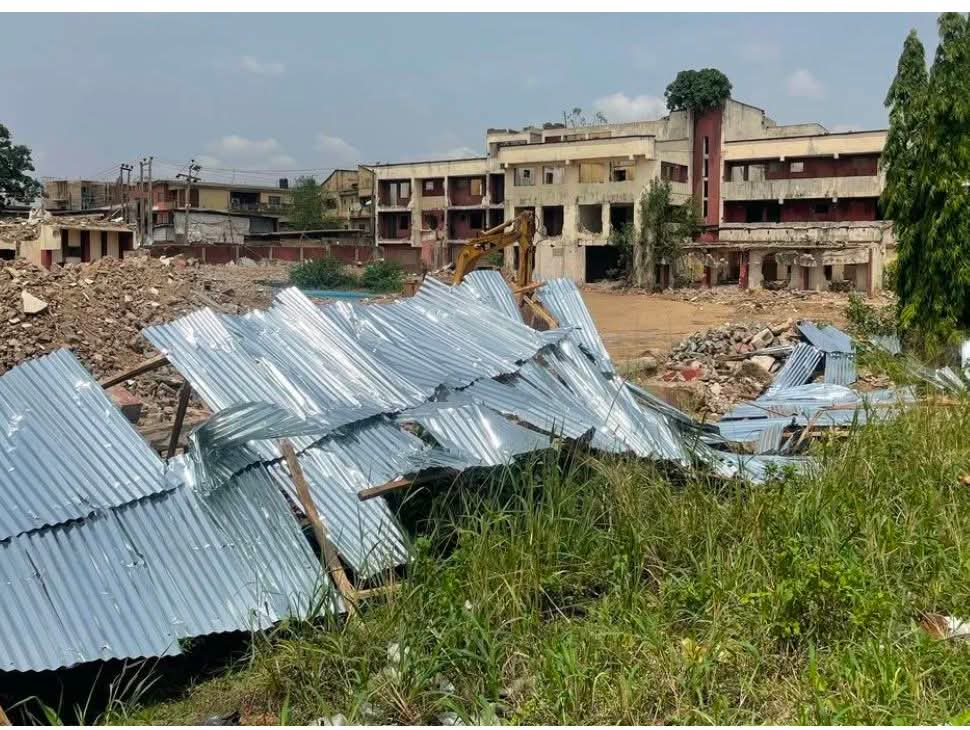Education remained the bedrock of every society, therefore for sustainable development, Nigeria is not an exception, hence the need to tackle the dearth in our educational development at all levels headlong.
Inline with the goals, targets and performance indicators of the UN SDGs, education came on the priority list as Goal 4 among other 16 Goals and on the whole, the 17 Goals of the Sustainable Development Goals SDGs.
For education, the all inclusive roles is geared towards ensuring equitable stead, promote life long learning,as well as opportunities for all and sundry irrespective of stature and status, creed, religion or extraction in the country and across the globe.
Because of the linkage of Education to health, social services and national development, government at all levels had adopted both immediate, short term and long term measures being complemented by the Sustainable Development Goals SDGs across the country.
The global intervention agency SDGs aside mobilizing, sensitizing and attracting both well placed personalities, partnerships to public spirited entities and the private sector had invested heavily over the years, in accordance with the UN declaration in every session and to bridge the gap of developing and underdeveloped nations as well as developed countries, so as to attain self sufficiency and reliance in Nigeria with educational development as a launching pad, to achieving other critical development.
Therefore, the handlers of SDGs under the leadership of the SSA to the President on the program, Princess Adejoke Orelope-Adefulire had put in place not only concerted efforts , but concrete arrangements through provisions and creation of enabling environment to bring to par the process of bequeathing education on all and sundry, as well as school aged children in Nigeria, inspite teething problems and natural phenomenon.
Between 2017 – 2020 with global supports, SDGs in Nigeria was able to massively construct, furnish, and rehabilitation of 3,613 educational facilities/ school buildings across the country, with modern equipment ranging from computers, solar panels including solar powered boreholes not obstructed by lack of electricity generation , fueling and any other unforseen circumstances/ human endeavors.
This efforts was geared towards reducing to the barest minimum the numbers of out of school children, since education played crucial roles, as no child need to be left behind in the drive towards education for all.
SDGs in anticipation and envisaging unforseen and natural circumstances, along with robust private sector advisory group PSAG in 2018 launched ‘SMART’ classrooms and schools in collaboration with Net Dragon and Websoft Abuja with a view to ensuring a solid alternative provision for uninterrupted school programs in Nigeria, in view of its inclusive nature and template in Nigeria.
With robust policy thrust and administrative acumen, the SDGs anxiety was dawn on not only Nigeria, but both super powers and developed countries of the world that was ravaged by the dreaded pandemic of COVID-19 in 2000, which the resultant effects was complete lockdown of all sectors of the world economies, with education sector worse hit.
Worried by the debilitating consequences of COVID-19 against school age children, particularly on children from the disadvantaged homes, thus denied them of access to quality education.
SDGs however embarked on vigorous campaigns and policy formulation on the continuous provision of computers and training to schools across the country, with a view to uniting to form a common front to fight not only the effects of the lockdown, but reverse the negative effects on the disadvantaged children and impact in 2020.
Since the privileged ones had access to well equiped schools without break or any form of delay, with the public school aged children affected by lack of internet, power, the digital divide that had worsened the glaring disparities to quality education was understudied and gradually being redressed forthwith.
The critical situations in Nigeria as a result of COVID-19 became apparent, wth children’s parents precarious situations, resulting to collapsed businesses, other variables, and subsequent married off the female ones, was inimical to societal growth across the country.
But, since the goals of SDGs in Nigeria was to nip in the bud such unfortunate situations, and also not to leave behind any children out of school, it countered the indecision by returning children back to school through it’s policy framework, as it’s desire is there well being as welfare inline with SDGs goals.
The post COVID period of first , second and third wave including the current Delta variant and fourth wave, SDGs had intensified more decisions and actions towards containing and sustaining the policy thrust towards realising the 2020-203O decade of action with education at top priority.
With SDGs template towards the one decade of action, it will guaranteed and ensured equitable distribution through concerted efforts in education sector, so as to give life long learning and opportunities for all.
In the same vein, boys and girls are expected to have completed free primary and secondary, leading to relevant learning outcomes in consonance with the decade goals.
For sustainable development, access to quality education, early childhood education without distraction and interaction as well societal impediment, through pre primary care and post primary level.
With 2020-2030 template, it is expected to have provided men and women affordable and quality education up to tertiary institutions and the university at ease.
SDGs efforts at reliving vocational and skill acquisition development and education both at the early level and post graduation was glaring, with the establishment of a standard skill acquisition centre for NYSC orientation camp in Ogun state, where serving and graduated youth corp members availed themselves of the skills that may be desirable to them after graduation.
Not only that, it had also embarked on construction of skill acquisition centres across the country, to promote skill development even after graduation from all levels of education as it is obtainable in other countries of the world.
With the dearth of white collar jobs, the proactiveness of SDGs in skill and enterpreneurship training and development at that top level , was a right decision in the right direction aimed at reducing the scourge of job losses in Nigeria after COVID put at 33% by NBS.
Therefore, in preparation for the decade of action, it is expected that youths, adults, with relevant skills including vocational and technical know how, will be available for employment, decent jobs and enterpreneurship.
The policies on gender disparities, discrimination, access to all levels of education, including the vulnerable, disabilities, indigenous and vulnerable areas will be eliminated .
It is also expected that the rate of literacy and numeracy of Nigerian children, youths, women and men will be addressed minimally.
SDGs by 2030 would have built knowledge by learners, also built and upgrade educational facilities available for children, with disability and gender sensitive inculcated in it’s profile.
The SDGs intentions to provide safe, non violent, inclusive and effective learning environment for Nigerian children remained the cardinal objectives of the current handlers under the leadership of Princess Adejoke Orelope-Adefulire, the Senior Special Assistant to the President on the program in Nigeria.
With the drive and zeal as well as performance indicators, SDGs in Nigeria is on the page and template of the UN declaration and development objectives, expected across all nations with Nigeria not an exception.
ABUBAKAR YUSUF, A Public Affairs Analyst Writes From Abuja, All inquiries to yus.abubakar3@gmail.com.





